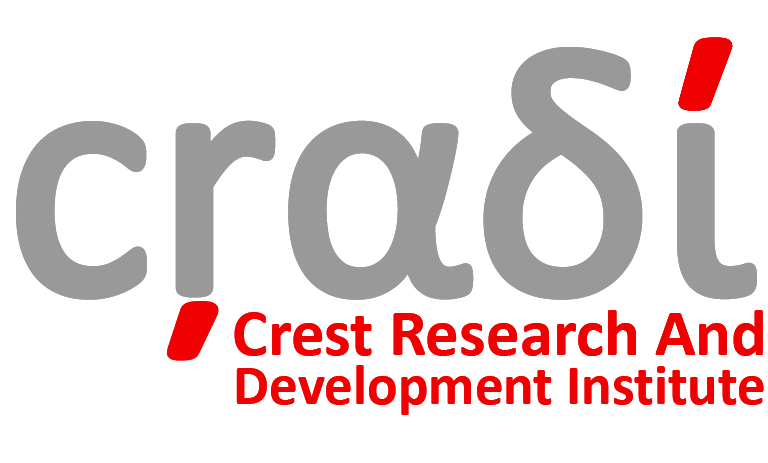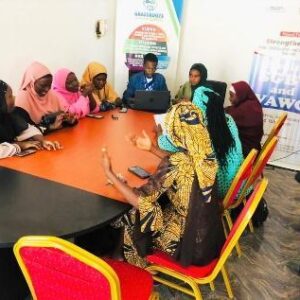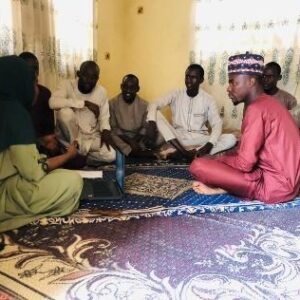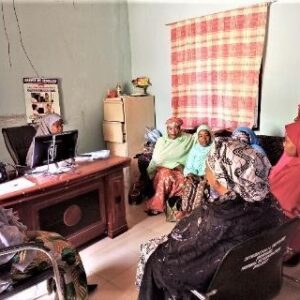Client - Grassroots Researchers Association (GRA)

Objective:
Managing SGBV and VAWG cases
Practice Area:
Developmental Aid
Status:
Completed
Locations:
Nigeria - Adamawa, Borno state & Yobe
Start Date:
December 2022
End Date:
January 2023
Project Summary
Sexual and gender-based violence (SGBV) affects individuals of all ages, genders, abilities, races, and cultures. Research indicates that women and girls are disproportionately targeted in various forms of sexual violence. Despite the prevalence of these crimes, the societal stigma surrounding sexual violence leads to silence, insufficient resources, and a lack of coordinated efforts to prevent such acts and hold perpetrators accountable. In Nigeria’s North-East states of Adamawa, Borno, and Yobe, sexual violence is prevalent and used as a weapon of war by both state and non-state actors. Many cases go unreported due to religious, cultural, and stigmatization challenges faced by SGBV victims, among other factors. The Boko Haram insurgency and conflicts involving herdsmen have exacerbated sexual and gender-based violations, particularly against women. Survivors of such violations endure physical, psychological, emotional, and displacement-related consequences. Unfortunately, there is a dearth of comprehensive programs targeting survivors beyond general conflict-focused initiatives by civil society organizations, humanitarian actors, and the government. This lack of intervention hampers survivors’ ability to advocate for their rights effectively. To address this issue, the Grassroots Researchers Association (GRA) has partnered with the Dr Denis Mukwege Foundation to tackle the challenges of holding perpetrators accountable through various approaches, including litigation and the establishment of a Survivors Network in Adamawa, Borno, and Yobe. Additionally, they provide support and mentorship to the SGBV Network, enabling it to function as an independent group for social mobilization.
The project sought to harness the different roles of the various service providers towards effective mobilization of social accountability in managing Sexual and Gender-Based Violence (SGBV) and Violence Against Women and Girls (VAWG) through networking and referrals. In addition, it also sought to strengthen viable, locally existing models and mechanisms for social accountability and the approach to managing SGBV and VAWG cases and strengthen existing capacities for using social accountability tools to effectively manage SGBV and VAWG cases on a local level.
Specific Objectives of the Study
- Examine the impact, relevance, effectiveness, efficiency and sustainability of the project and how it speaks to the project TOC.
- To determine the extent to which the programme had made an impact on gender dynamics, specifically the role of women and youth in the prevention of sexual and gender-based violence.
- Propose relevant recommendations for the development and implementation of any further interventions and activities based on the performance and achievements of the project.
The study adopted a mixed-method approach that used a result-based approach that integrated the use of qualitative and quantitative methods to capture, analyze, and present the perspectives of all stakeholders (beneficiaries and non-beneficiaries) of the project through a participatory and solution-oriented process. This method ensured that all stakeholders were engaged in the entire study process. The revised Organization for Economic Cooperation and Development-Development Assistance Committee Criteria (OECD/DAC) was used in setting the framework for the evaluation. The study was conducted in local government areas where the project was implemented (Numan and Yola North in Adamawa state, Konduga and Maiduguri Municipal Council in Borno state, and Damaturu and Potiskum in Yobe state). A total of 24 KIIs and 11 FGDs were conducted across the three states, while 185 questionnaires were administered to community members.
Project Gallery





